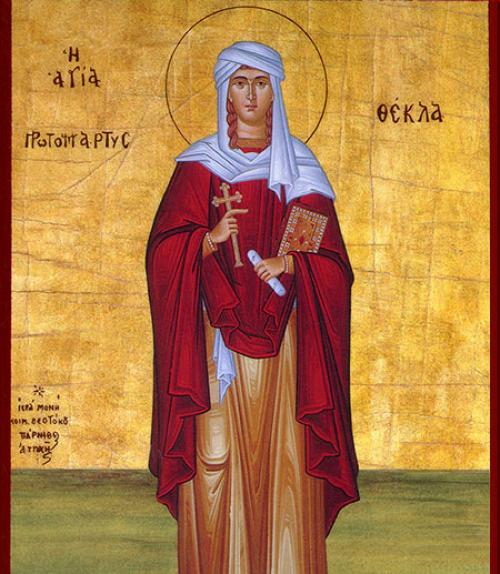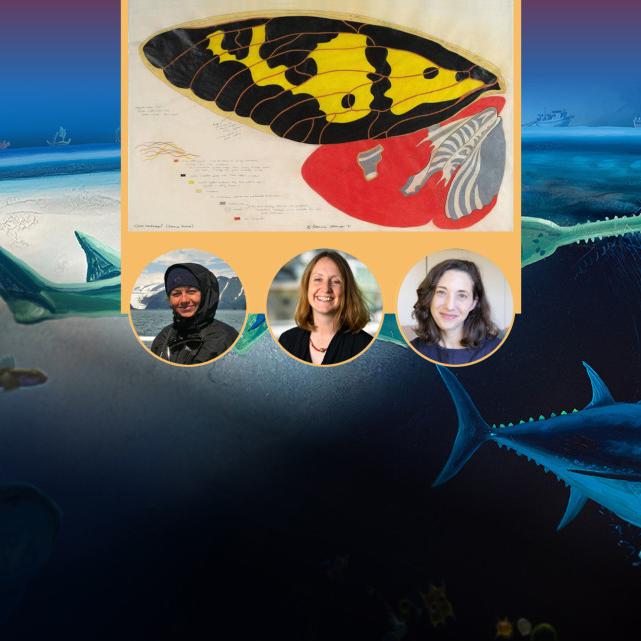
 Department Homepage
Department Homepage
 Department Homepage
The College of Arts & Sciences
Department Homepage
The College of Arts & Sciences
Podcast explores the history of Christian love
“Love Transformed,” a new episode of the “What Makes Us Human” podcast series, explores the complex relationship between love, early Christianity, and contemporary wedding practice.




